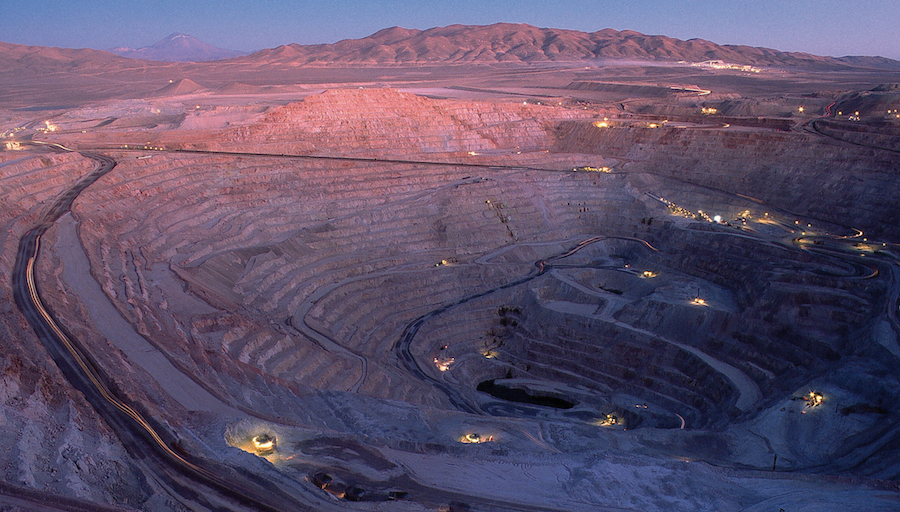No sign of early contract talks at BHP’s Escondida mine -Union

SANTIAGO, Feb 1 (Reuters) – The powerful union at BHP’s Escondida copper mine, the world’s largest, on Wednesday cast doubt on chances of starting talks on a new labor agreement with the company before formal negotiations scheduled for June.
The 2,500-member Union 1, which held a strike for 43 days last year and cost BHP Billiton an estimated $1 billion, also questioned in a letter to members the legal rights of a newly formed competing union at the mine.
Union 1 last March opted to extend for 18 months its old contract, ending an historic strike that sent shudders through the global copper market.
The existing agreement, which is set to expire on July 31, 2018, binds all of the workers that signed it, including those that recently opted to split from Union 1 to join the competing union, leaders said in the letter.
“Only our union is legally authorized to reach an agreement to terminate the current collective agreement, and replace it with a new contract by way of advanced negotiations,” the union said.
A new labor law implemented last year under outgoing center-left President Michelle Bachelet strengthened the hand of unions, emboldening some in the world’s top copper producer.
“The laws are clear and conclusive, and with respect to (the contract), nothing has been communicated to us in a serious manner in an attempt to attract members to an advanced negotation,” the letter said.
BHP declined to comment on the union’s statement.
The Anglo-Australian company and the union last year struggled to agree on issues such as benefits and shift patterns.
The union said new, advanced negotiations depended on a formal invitation from BHP, and that any agreement would require approval of its members.
“Otherwise, we’ll begin to negotiate in four more months, starting on June 1,” union leaders said in the letter.
Escondida produces approximately five percent of the world’s copper.
(Reporting by Fabian Cambero; Writing by Dave Sherwood; Editing by Andrew Hay)
More News
{{ commodity.name }}
{{ post.title }}
{{ post.date }}




Comments